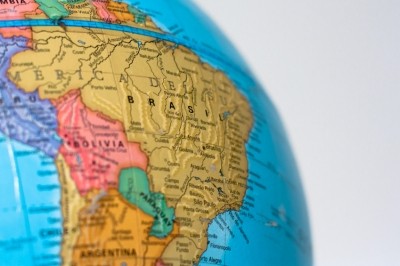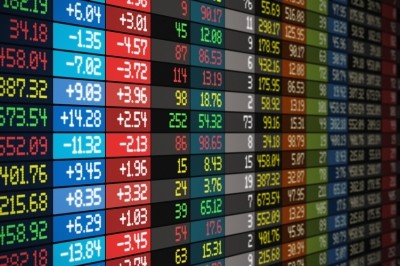Brazil's food exports to Arab world hit record $5.3bn

Live animal exports jumped 73% to US$153m, food products increased by 52% to US$262m and fats and oils exports grew 26% to reach US$209m. Saudi Arabia was Brazil's biggest trading partner in the region, followed by the UAE and Egypt.
The biggest single product sector among Brazil's exports to the Middle East was, “frozen chicken cuts”, making up 15% of all exports – including non-food items – by value. Sugar products and corn followed, both at 9% of exports by value.
“The Arab nations and Brazil have been key trade partners, and this reflects in the robust increase in trade values. Besides traditional export items such as coffee, tea and sugar, there is a growing demand for Brazilian livestock, food grains and fruits from Arab countries,” said Michel Alaby, general secretary and CEO of the ABCC.
Export evolution
He said the trade between Brazil and the region demonstrated an evolution and refinement in export products, with greater volumes of value-added products.
“When, for example, products go from being sold in sacks or in bulk to being sold in individual packages aimed at the final consumer, the value of the product gains an intrinsic value. Thus, we improve the quality and add value to our products,” Alaby explained.
“For example, there are companies which export refined sugar that have obtained Halal certification, place the brand on their packages and even write their label information in Arabic – which is a big advantage. It is possible to notice a greater level of professionalism from Brazilian companies in terms of meeting international standards and intensifying exports,” he added.
Growing Brazilian investments
Brazil is a major food import partner for the Middle East, particularly the Gulf. Brazilian companies have been making major investments in the region to facilitate the growing volume of food imports.
Earlier this year Brazil's second-largest food producer, BRF, entered into talks with Kuwaiti food giant Americana on a possible US$1bn joint venture.
“The Arab-Brazilian Chamber of Commerce has always played a significant role in opening up venues for traders from both regions to further their trade relations. There is a tremendous potential in food trade and we will continue to extend our support in order to boost this thriving business,” said Alaby.


















